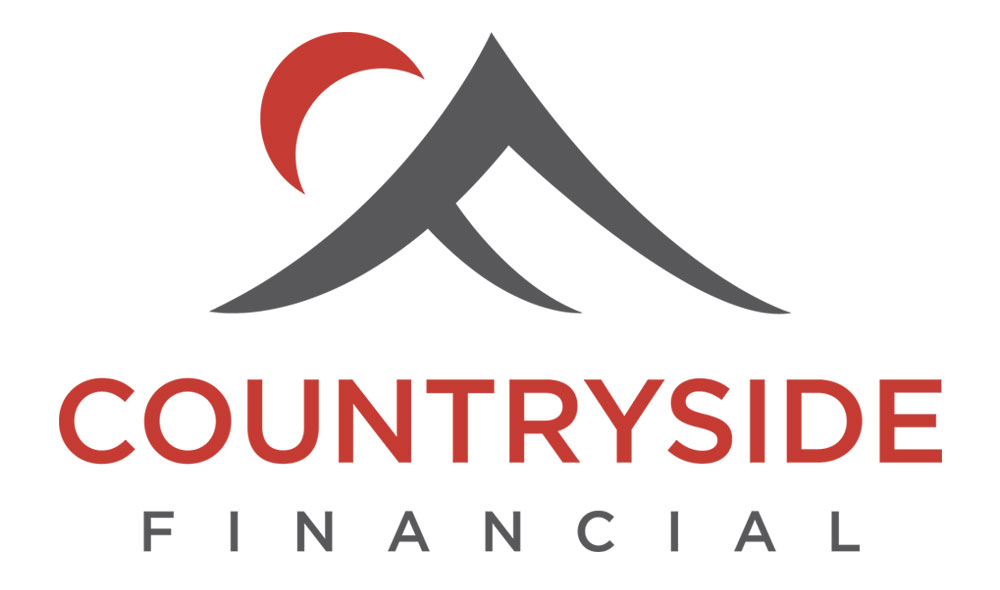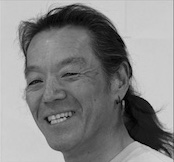Declined by your bank?
A rejection doesn’t necessarily mean the end of your mortgage dreams, it usually means you weren’t working with the right lender.
But first, it is always worth a review of your decline to see if/how you can improve your chances and get a approval with your next application.
- Credit. If you have derogatory marks on your credit report, this will affect your application. Alternatively, if you don’t have much credit history, lenders don’t know enough about your ability to manage credit.
- Debt ratio. Even with a strong credit score, lenders also look to see how much money you owe for things like credit card bills, car payments and student loans and compare this to how much money you make. Lenders consider this ratio when determining whether you qualify for more debt.
- Employment status. Prime lenders want to see stable, consistent employment income. You may be declined if you’ve recently started a new job, are paid hourly or self-employed, or have a history of jumping between jobs.
- Down payment. The minimum amount you need for your down payment depends on the purchase price of the home. If your down payment is less than 20% of the price of your home, you’ll need mortgage insurance.
There are mortgages available for most (not all) borrower profiles. Just because your bank said no doesn’t mean another lender isn’t willing to consider your file. There are many lenders (banks, credit unions, mono-line lenders, subprime lenders, private lenders, the list goes on & on) in the Canadian marketplace.
Most lenders can be categorized into three groups. As you move down the list, the more costly the mortgage becomes.
“A” lenders
A lenders or traditional/prime lenders, generally refer to banks and approve customers with credit scores in the minimum acceptable ranges, debt servicing within allowable ratios, verifiable income, and meet all the standard “tick-boxes”. To deal with these lenders, you must be considered an “A” client. These lenders are subject to OSFI federal regulation, which means that you’ll be stress tested when you apply for a mortgage. These are the lenders that tend to do most of the declining.
“B” lenders
B lenders are lending institutions that provide options for “B” clientele. These institutions offer lower criteria to qualify for their products. They accommodate applicants who may not qualify for an “A” mortgage because they lack an acceptable credit score, debt servicing exceeds allowable ratios, cannot meet the verifiable income criteria, or have any other risk associated with their file. Depending on the lender, you may or may not be stress- tested.
“C” lenders
Private or unregulated lenders specialize in providing private mortgages. These lenders are not subject to the same federal regulations that A (some B) lenders are. Their lack of regulation mean that they can close a file very quickly and with very little qualification standards being met. Private lenders aren’t overly interested in debt servicing ratios, your credit score or verifiable income, and they are not required to stress test mortgage applicants. Your property location & equity is most important with them – but you pay higher interest costs & fees. Getting approved for a mortgage with a private lender is much easier than getting approved at an A or B lender.
Try not to get too discouraged if a lender denies your mortgage application. Contact your favourite Mortgage Broker, as they are a valuable resource when you’ve been declined by your bank. If you currently have a low rate mortgage, hang on
Candace Perko, Mortgage Broker

























